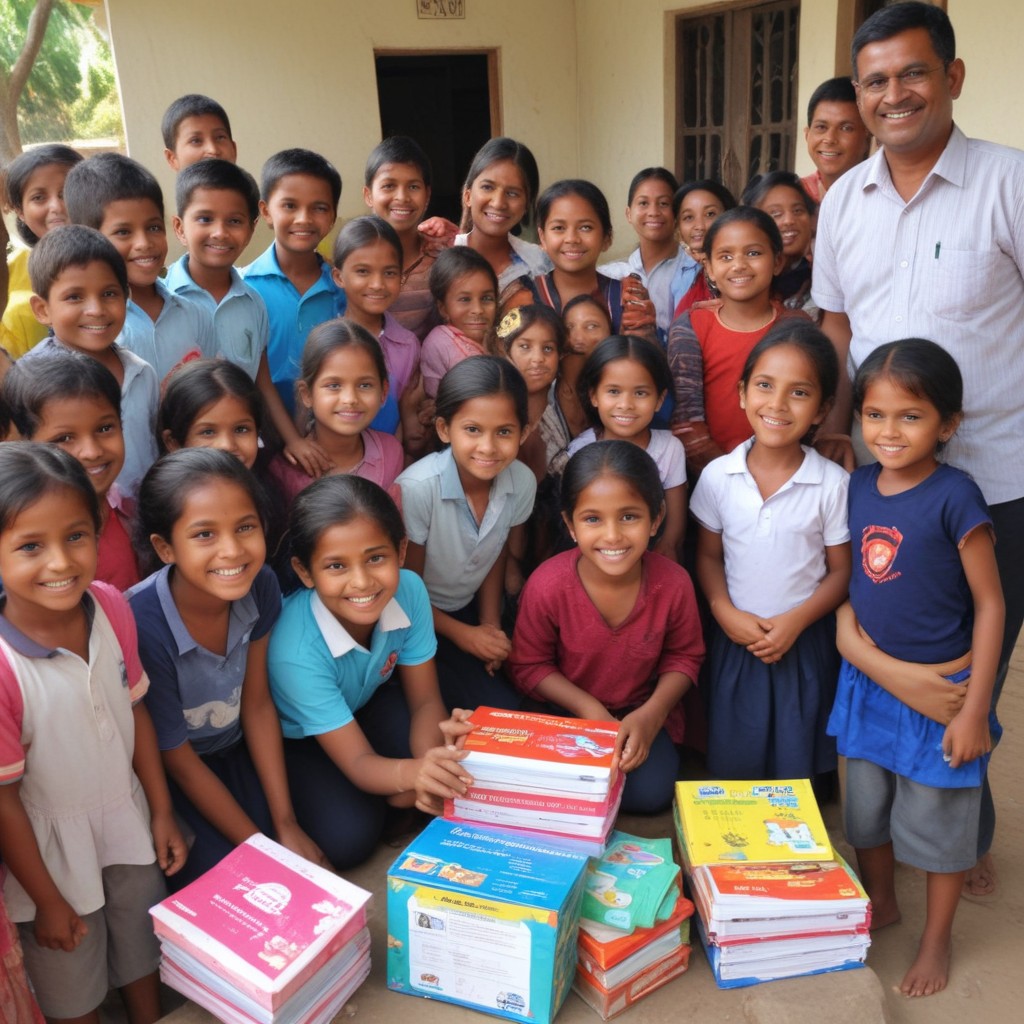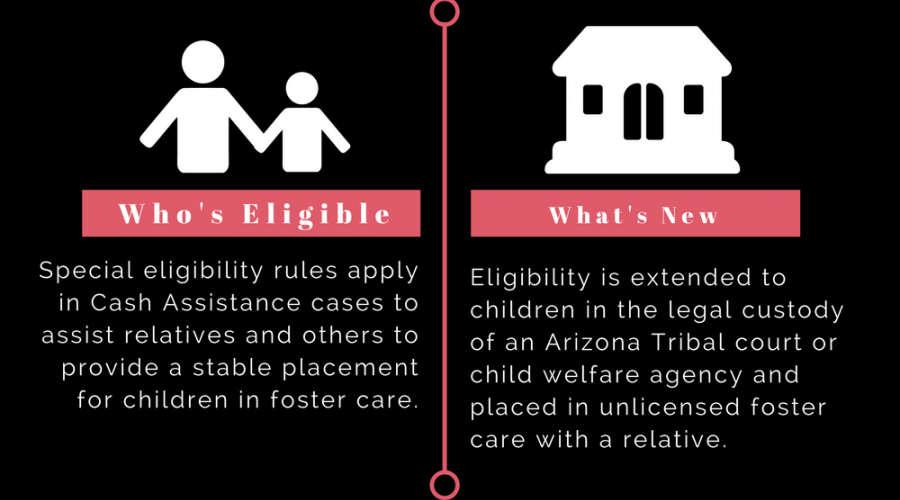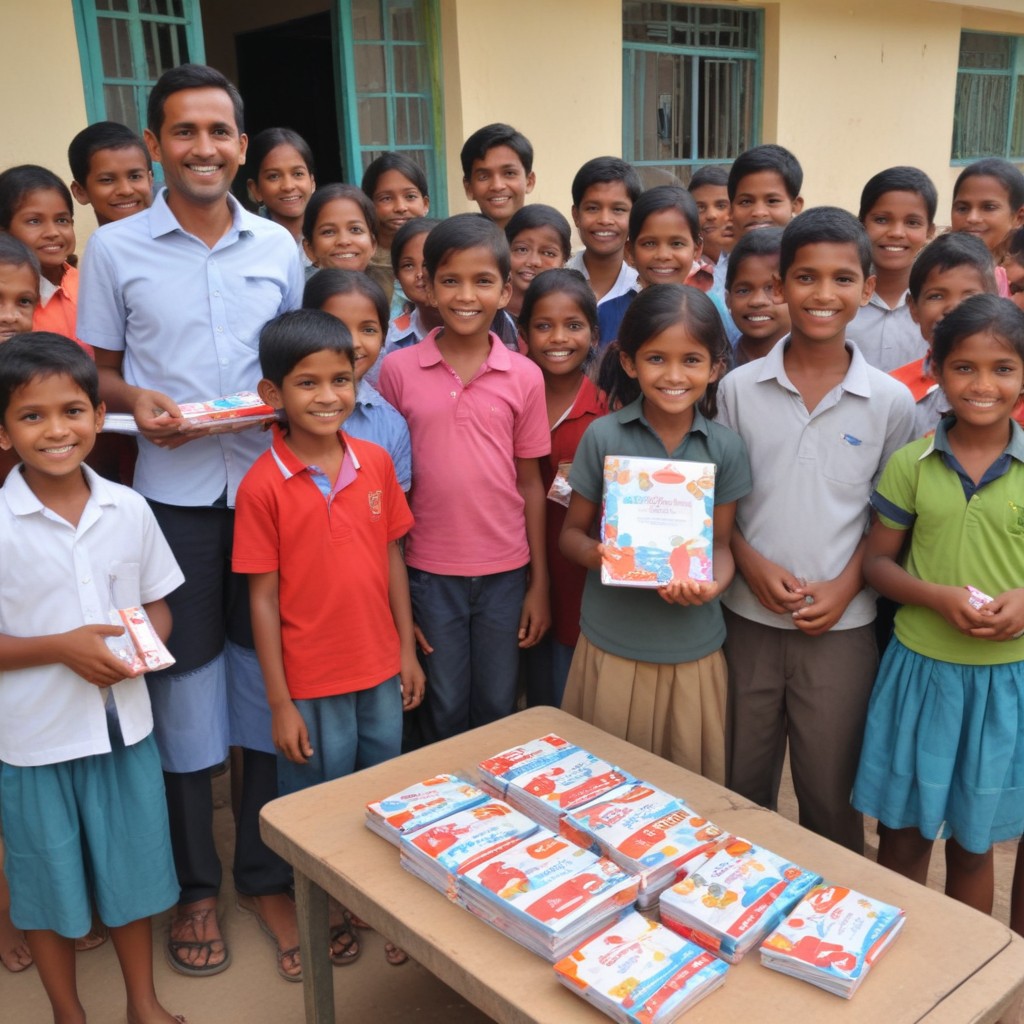
Learn about Sponsorship and Foster Care Yojana, a program in India that strengthens families and provides safe homes for vulnerable children. Discover eligibility, benefits, and how to get involved.
Introduction
In India, countless children face challenging circumstances due to poverty, illness, or abandonment. The Sponsorship and Foster Care Yojana, a key component of Mission Vatsalya, offers a beacon of hope for these vulnerable youngsters. This innovative program aims to keep children within families or place them in loving foster homes, promoting their well-being and holistic development.
This article delves into the Sponsorship and Foster Care Yojana, explaining its objectives, eligibility criteria, and the benefits it provides. We’ll also explore the application process and answer frequently asked questions to empower you with the knowledge to support this crucial initiative.
Understanding the Sponsorship and Foster Care Yojana

The Sponsorship and Foster Care Yojana operates under the aegis of Mission Vatsalya, a comprehensive child protection scheme by the Ministry of Women and Child Development (MWCD). This program prioritizes keeping children within their biological families whenever possible. In cases where this isn’t feasible, it facilitates safe and nurturing foster care placements.
Sponsorship:
- Focuses on supporting families facing temporary hardships that could lead to child neglect or abandonment.
- Provides financial assistance for a child’s basic needs, including education and healthcare.
- Aims to strengthen families and prevent children from entering institutional care.
Foster Care:
- Offers a temporary, loving home environment for children who cannot be cared for by their biological families.
- Provides foster parents with necessary training and support to ensure a child’s well-being.
- Focuses on eventual reunification with biological families when circumstances improve, or finding a permanent, loving home through adoption.
Benefits of Sponsorship and Foster Care Yojana

- Reduced Institutionalization: By supporting families and providing foster care, the program aims to minimize the number of children placed in children’s homes. This promotes a more family-like environment that is crucial for a child’s healthy development.
- Improved Child Well-being: Financial assistance, coupled with supportive services, helps ensure children’s basic needs are met and they can access education and healthcare. This fosters physical, emotional, and social well-being.
- Family Strengthening: Sponsorship helps families overcome temporary challenges and create a stable environment for their children.
- Skilled Foster Caregivers: The program provides training and support to foster parents, equipping them with the knowledge and skills to nurture a child’s development.
Eligibility for Sponsorship and Foster Care Yojana

- Sponsorship: Families facing temporary hardships that could lead to child neglect or abandonment, such as illness of a parent, loss of livelihood, or natural disasters.
- Children in institutions who can be restored to families (de-institutionalization)
- Children in conditions of extreme deprivation based on factors like types of residential locality, social deprivation and occupation
- Family income not exceeding:₹36,000 per annum for Metro cities
- Foster Care: Children who cannot be cared for by their biological families due to various reasons, such as abandonment, neglect, or parental inability to provide care.
- Children are eligible for family foster care in the following situations. Children Entering the Juvenile Justice System: Children in need of care and protection (CNCP) and children in conflict with law (CCL) as defined under the JJ Act, may be considered for placement in foster care instead of institutional care by the CWC/ Juvenile Justice Board (JJB), if:
- The biological family is in a temporary crisis such as illness, death, desertion, incarceration, domestic violence, emergency, etc.and can take the child back after the crisis is resolved; or
- The efforts for strengthening the biological family’s capability to care for the child through sponsorship or kinship care arenot adequate/ possible; or
- The family is the perpetrator of abandonment, abuse and commercial exploitation such as child marriage, child labour, sale, trafficking, and commercial sexual exploitation; conflict with law, armed conflict, etc.; or
- An orphan/ abandoned child is not free for adoption or not adoptable for whatever reason. According to the ICPS, special efforts shall be made to ensure either foster care or sponsorship for children infected and affected by HIV/AIDS and children affected by disaster and natural calamities.
- Children being Deinstitutionalised: Children in the child care institutions (CCIs) may be deinstitutionalized and reintegrated with the biological family, and if that is not possible, placed in foster care, until the biological family is ready to reintegrate them.
The Application Process
The application process for Sponsorship and Foster Care Yojana varies depending on the state/union territory. However, it generally involves contacting the District Child Protection Unit (DCPU) or the Department of Women and Child Development. Here’s a general outline:
- Reach out to DCPU or WC Department: Contact your local DCPU or the Women and Child Development department for information on the program and application procedures.
- Assessment: Social workers will assess the family’s situation or the child’s needs to determine eligibility.
- Counseling and Support: The program may offer counseling and support services to address the underlying issues leading to the need for sponsorship or foster care.
- Monitoring and Review: Regular monitoring ensures the child’s well-being and the effectiveness of the program’s support.
Required Documents
Based on the information from the provided sources, the following documents may be required to apply for the Sponsorship and Foster Care Yojana:
- Identity proof of the applicant, such as Aadhaar card, PAN card, or voter ID
- Proof of address, such as a utility bill or ration card
- Marital status proof, if applicable
- Health records of the applicant
- Police verification records
- Personal references from two persons who can vouch for the applicant’s ability to care for children
- Birth certificates of the applicant’s biological and adopted children, if any
- Income proof of the applicant, such as salary slips or bank statements
- Consent from biological parents, if relevant and necessary
- Aadhaar numbers of the applicant and the child, which may be compulsory by 2014-15
The application process may vary across different states and districts. Applicants should contact the relevant authorities, such as the District Child Protection Unit (DCPU) or the Child Welfare Committee (CWC), to obtain the specific application forms and guidelines for their respective regions
Becoming a Foster Parent

If you’re interested in opening your home and heart to a child in need, consider becoming a foster parent. Here’s a basic roadmap:
- Contact DCPU or WC Department: Inquire about foster care training programs and eligibility requirements.
- Training: Attend foster care training programs to equip yourself with the skills and knowledge to care for a child.
- Home Study: Social workers will conduct a home study to evaluate your suitability as a foster parent.
- Matching: Once deemed eligible, you’ll be matched with a child based on your skills, experience, and the child’s needs.
How long does it take to get approval for the sponsorship
According to the Jharkhand Guidelines for Foster Care, the approval process for the Sponsorship and Foster Care Yojana should be completed within a specific timeframe:
- Each case shall be disposed within 75 days. In exceptional cases, the total time taken to dispose of a case shall not exceed three months from the date of the receipt of the application.
- The guidelines state that the Sponsorship and Foster Care Approval Committee (SFCAC) set up in every district should meet every month to review and sanction sponsorship and foster care funds.
- Additionally, the Foster Care Scheme for Goa mentions that once the Child Welfare Committee orders the placement of a child in foster care, a copy of the order shall be marked to the District Child Protection Society (DCPS) and the Department of Women and Child Development for the release of funds.
- However, the other sources do not provide specific timelines for the approval process. The approval may vary depending on the state and district, as well as the individual circumstances of each case.
In summary, while the Jharkhand guidelines suggest a maximum of 3 months for approval in most cases, the actual timeline may differ across states and districts. Applicants should contact the relevant authorities in their area for more accurate information on the approval process and expected timelines.
Role of the child welfare committee in the approval process
The Child Welfare Committee (CWC) plays a crucial role in the approval process for the Sponsorship and Foster Care Yojana:
- The CWC examines the Individual Care Plan of the child, Home Study report of the family, and approval of the Sponsorship and Foster Care Approval Committee (SFCAC) submitted by the Protection Officer (Non-Institutional Care).
- The CWC satisfies itself regarding the suitability for restoration of the child with the family with sponsorship support. It ensures that the child has got admission into school before passing the placement order.
- In case of a child who is able to understand, the CWC may also interview the child to take their consent.
- The CWC makes an order in the prescribed format for support to the child through sponsorship and sends a copy to the District Child Protection Society (DCPS) for appropriate action.
- Sponsorship facilities are provided based on the recommendation of the Child Welfare Committee (CWC) and approval from the Sponsorship and Foster Care Approval Committee (SFCAC).
- The CWC performs functions and roles as defined in the Juvenile Justice (Care and Protection of Children) Act, 2015, subject to amendments.
So in summary, the CWC plays a pivotal role in examining the child’s and family’s suitability, taking the child’s consent, making the final order for sponsorship, and recommending cases to the SFCAC for approval of the Sponsorship and Foster Care Yojana.
Role of the Sponsorship and foster care approval committee (sfcac)
The Sponsorship and Foster Care Approval Committee (SFCAC) plays a crucial role in the approval process for the Sponsorship and Foster Care Yojana. The SFCAC is responsible for reviewing and sanctioning sponsorship and foster care funds in each district. The committee’s key responsibilities include:
- Reviewing Recommendations: The SFCAC reviews each recommendation and approves cases of Sponsorship and Foster Care support in all cases found deserving by it.
- Referral to Child Welfare Committee: The deserving cases are then referred to the Child Welfare Committee for the final order for Sponsorship/Foster Care as the case may be.
- Sanctioning Sponsorship and Foster Care: The SFCAC is responsible for sanctioning sponsorship and Foster Care on receipt of the final order from the CWC.
- Monthly Meetings: The SFCAC shall meet every month and function in a time-bound manner. The decision upon a request shall be taken within three months from the date of receipt of the application.
- Annual Review: The SFCAC conducts an annual review for each child under Sponsorship/Foster Care to determine if the child is being well taken care of and has adjusted well. Based on this review, approval for continued sponsorship support is given.
- Review of Termination: The SFCAC reviews and recommends the termination of the family-based sponsorship service in certain circumstances, such as when the child has achieved the age of 18 years, when the family’s economic position has improved, or when the child has stopped going to school.
- Family Strengthening Efforts: The SFCAC reviews if the DCPU has made adequate efforts for family strengthening through convergence with other Departments.
The SFCAC’s role is pivotal in ensuring that children in need of care and protection receive the necessary support and care through sponsorship and foster care services.
common reasons for rejection of the application
Based on the information provided in the sources, the common reasons for rejection of applications for the Sponsorship and Foster Care Yojana may include:
- Unsuitable Placement: If the assessment carried out by the Child Care Coordinator and approved by the Child Welfare Committee determines that the placement is unsuitable for the child’s development or traumatic for the child and the foster family, the placement may be terminated, leading to rejection of the application.
- Financial Inadequacy: The Child Welfare Committee assesses whether the monthly family income is adequate to take care of foster children. If the income is deemed insufficient to provide for the child’s needs, the application may be rejected.
- Inadequate Family Background: The family background, including social status, employment of parents, and overall family situation, is considered during the assessment process. If the family background is deemed unsuitable or poses risks to the child’s well-being, the application may be rejected.
- Health or Special Needs: If the child has specific health issues or special needs that the foster family is unable to address or accommodate, the application may be rejected to ensure the child’s proper care and support.
- Behavioural Issues: Foster care applicants are counseled about potential behavioral issues that may arise when caring for a foster child. If the applicants are deemed unable to handle or address these issues effectively, the application may be rejected.
- Lack of Suitable Support: If the foster family lacks the necessary support systems or resources to provide adequate care for the child, the application may be rejected to ensure the child’s well-being and development.
These reasons highlight the importance of thorough assessments and suitability checks to ensure that children placed in foster care receive the necessary care and support in a safe and nurturing environment.
FAQs
Is there an age limit for becoming a foster parent?
Age limits for foster parents may vary by state/territory. It’s best to check with your local DCPU for specific information.
What is the monthly financial assistance provided under the scheme?
The scheme provides a monthly financial assistance of up to ₹2,000 per child.
How can a child’s family apply for the scheme?
Parents or guardians of eligible children can approach the Child Welfare Committee (CWC) in their district to apply for the scheme.
What are the social services provided under the scheme?
Children and their families receive social services, including counseling, skill development, and rehabilitation support.
Can a child be placed in foster care under the scheme?
Yes, the scheme promotes foster care as an alternative to institutional care and provides financial and social support to foster families.
Empowering Change: How You Can Get Involved
The Sponsorship and Foster Care Yojana thrives on community participation. Here are ways you can contribute to this noble initiative:
- Become a Sponsor: Even a small monthly contribution can significantly impact a child’s life. Contact your local DCPU or WC department to learn about sponsorship opportunities.
- Volunteer: Offer your time and skills to support the program. This could involve mentoring children, assisting with fundraising events, or raising awareness within your community.
- Advocate: Spread awareness about the program and the importance of foster care. Talk to your friends and family, or consider organizing awareness campaigns in your community.
- Support NGOs: Many NGOs actively work alongside the government to support foster care initiatives. Donate to these organizations or volunteer your time to amplify their efforts.
Conclusion
The Sponsorship and Foster Care Yojana represents a significant step towards creating a nurturing environment for India’s most vulnerable children. By offering financial assistance, fostering care, and community support, the program empowers families and equips children with the tools they need to reach their full potential. Through collective action, we can all contribute to building a brighter future for these youngsters, ensuring they feel safe, loved, and empowered to thrive.
Read More: Child Protection Program of Chandigarh
